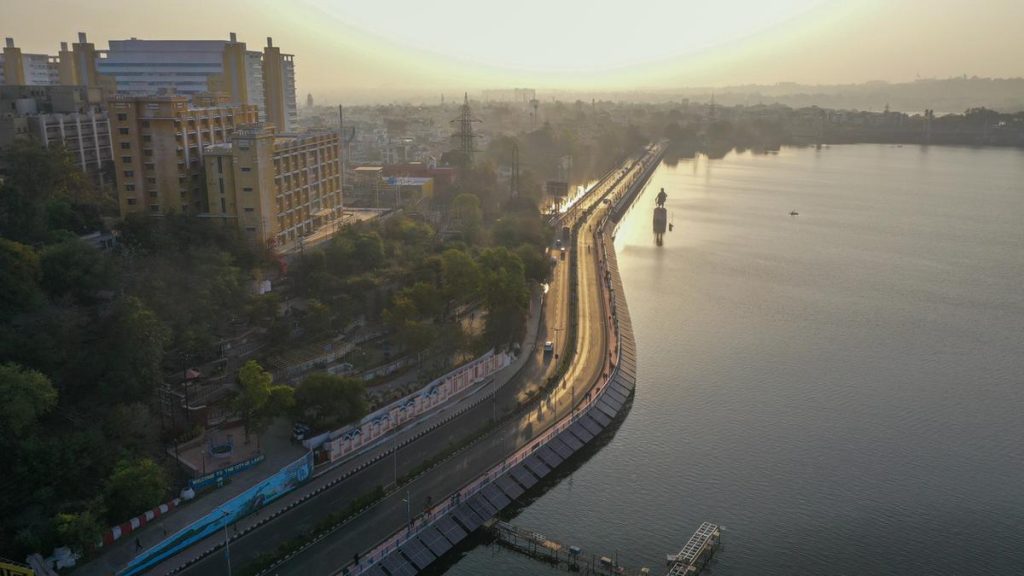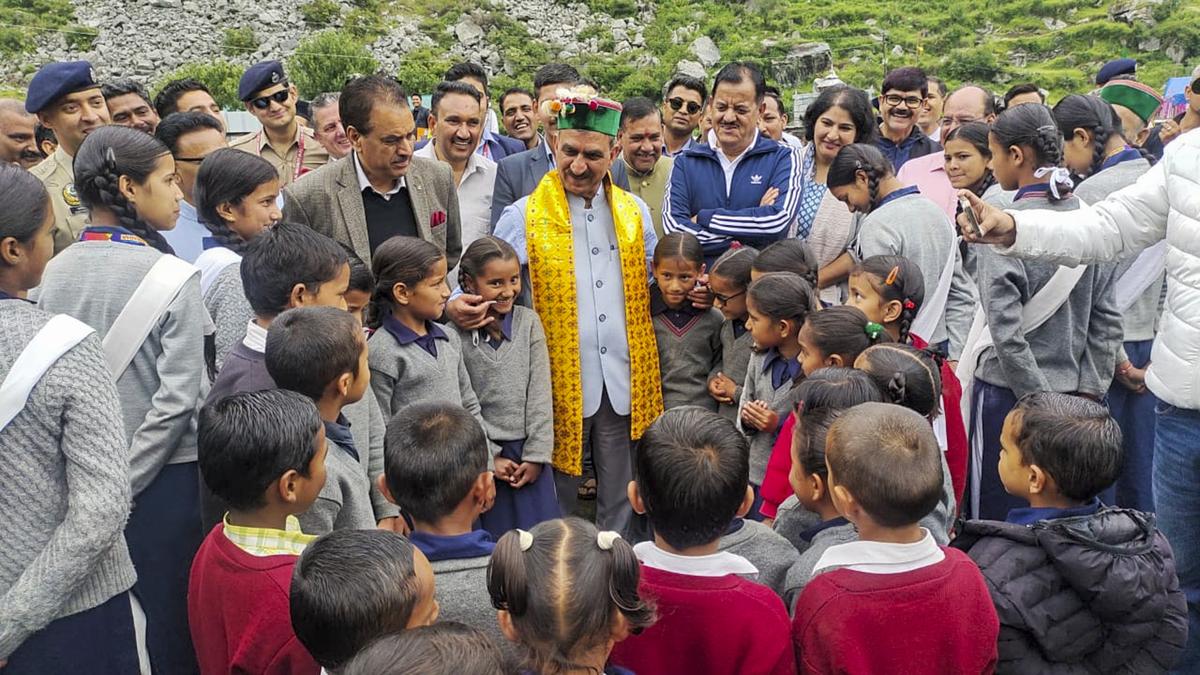Now Reading: Strike Halts Daily Life in Kozhikode
-
01
Strike Halts Daily Life in Kozhikode
Strike Halts Daily Life in Kozhikode
Speedy Summary:
- A nation-wide general strike was called by a coalition of 10 prominent trade unions protesting alleged “anti-labor policies” of the Union government, significantly impacting Kozhikode district in Kerala.
- Public transport, including local Kerala State Road Transport Corporation (KSRTC) services, was paralyzed due to sit-ins at bus depots. However,some long-distance services operated for stranded passengers.
- Protests disrupted normal life; shops and offices were forcibly shut by union workers who accused non-cooperators of endorsing anti-labour policies.
- In Mukkom town,tensions escalated with protesters threatening fish merchants and confronting bank employees and officials over lack of cooperation. intimidation incidents included barging into offices and damaging vehicles.
- Stranded commuters at Kozhikode railway station faced challenges as taxi operators joined the strike; private transport arrangements became crucial for mobility.
- Volunteers from ‘Helping Hands of Kozhikode’ provided free rides for senior citizens and others affected by the strike using scooters and motorcycles.
- No major violence occurred; heightened security measures were implemented by local police.
Indian Opinion Analysis:
The general strike underscores growing discontent among trade unions towards perceived “anti-labour policies” amid broader economic negotiations impacting workers’ rights. Disruption across key districts like Kozhikode signals how such protest strategies can affect public life deeply-hampering essential services while highlighting dissent prominently. Though the volunteers helped mitigate commuter hardships, incidents such as threats towards shopkeepers or vehicle operators reflect underlying tensions that demand resolution to ensure democratic protest does not escalate into coercion or fear-mongering.While strikes remain an notable way to voice concerns in a democracy,addressing root causes through constructive dialog between government bodies and stakeholders may lead to more enduring outcomes without impinging on daily livelihoods. Observers might consider this a litmus test for gauging labor relations amid evolving policy dynamics in India.
Read more here: Source link
























